Myofascial Pain Syndrome
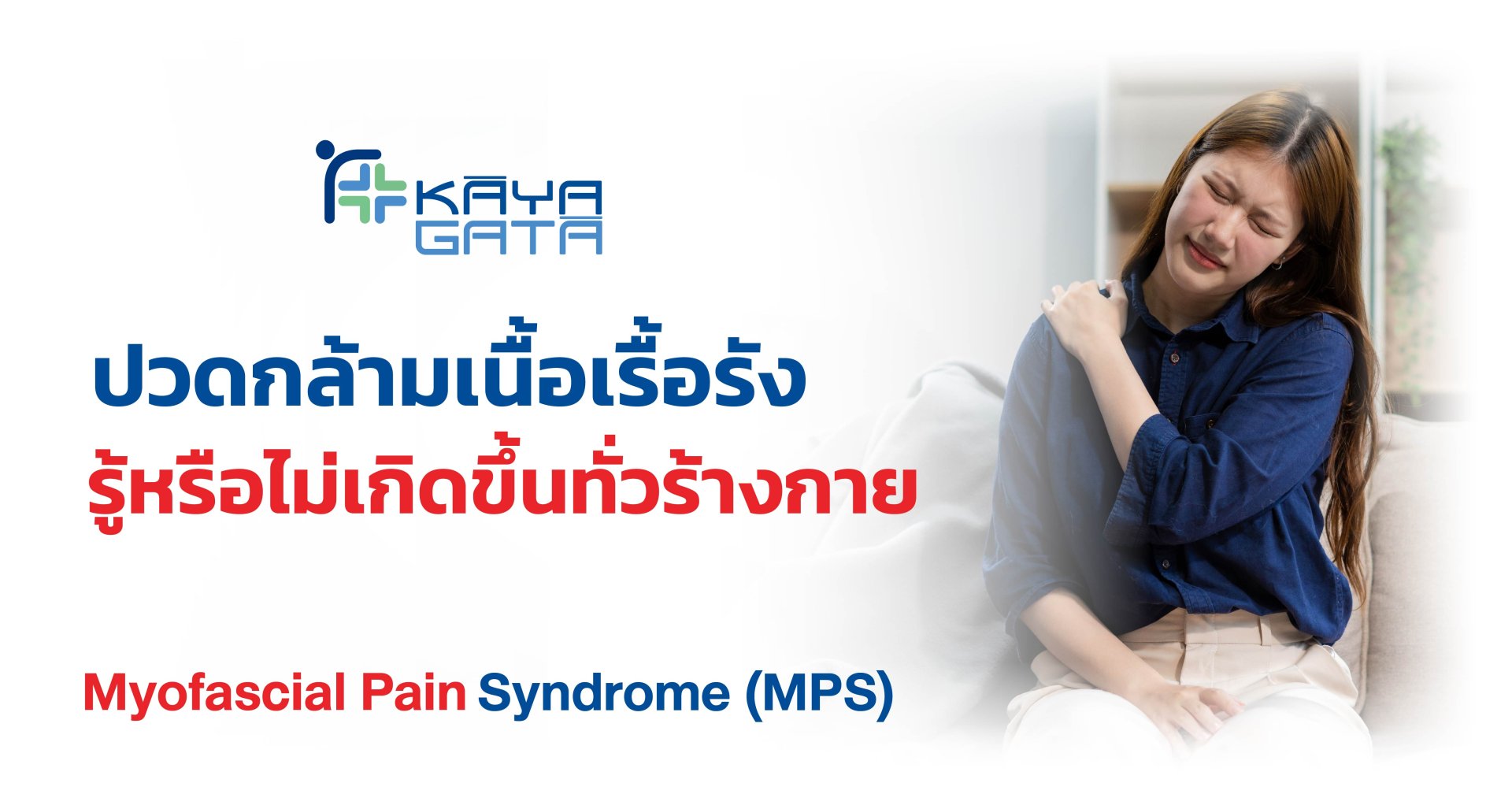
Chronic Muscle Pain: Did You Know It Can Occur Throughout the Body?
When it comes to pain, most people have experienced it to some degreesometimes mildly, sometimes severely. One of the more persistent and overlooked forms is chronic muscle pain, which can affect anyone at any time.
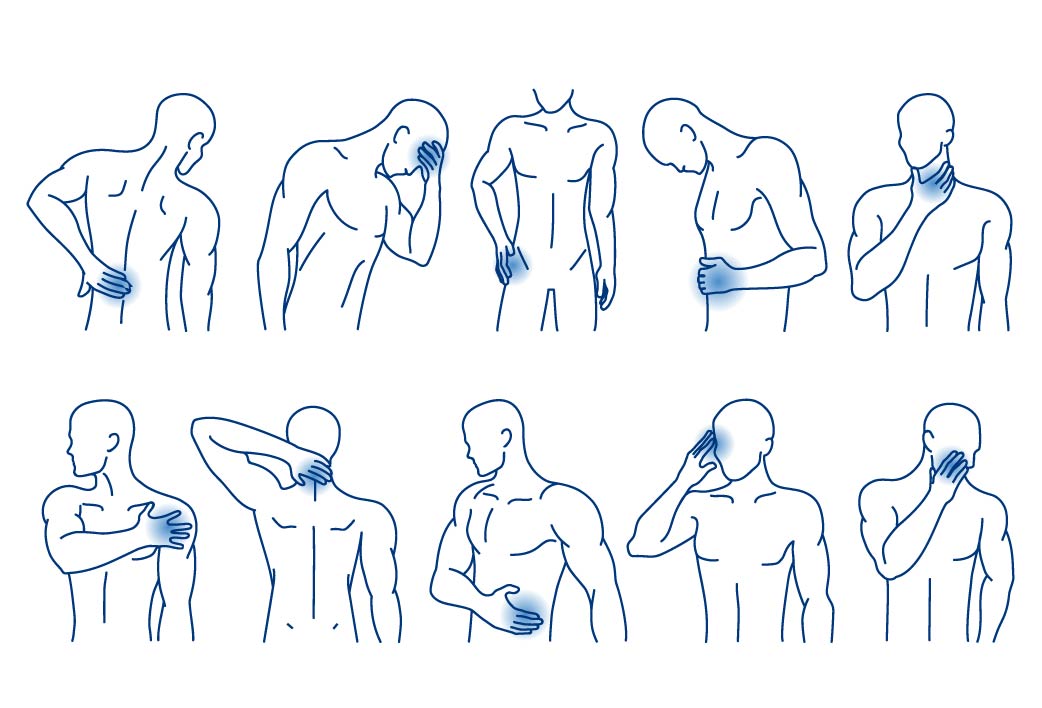
Understanding the Nature of Pain
Chronic muscle pain arises from prolonged tension in the muscles, leading to inflamed nodules. This type of pain can occur in any part of the body. In some cases, pain is only felt when pressing on a specific spot, while in others, it may be continuous. When affected, the muscle shortens and pulls on surrounding tissues, potentially causing:
- Nerve compression, resulting in numbness
- Blood vessel restriction, leading to poor circulation
- Dysfunction of organs if the surrounding muscles are involved, which may eventually lead to disease in the area due to fibrosis
How to Identify Chronic Muscle Pain
Chronic muscle pain typically lasts from 6 weeks to 3 months or longer. The characteristics may vary by individual:
- Mild pain: The area may be tender but lacks a distinct nodule
- Moderate pain: Feels bothersome yet tolerable; small nodules may be present but can resolve on their own
- Severe pain: Persistent discomfort with hard nodules that do not resolve without treatment
If the pain significantly impacts your daily life and is accompanied by palpable, hard nodules, its time to consult a doctor.

In-Depth Diagnosis with Gaikata Clinic
At Gaikata (GaiKhata) Clinic, physicians and physical therapists conduct thorough physical exams and may order additional tests, such as:
- Blood tests to uncover underlying conditions
- X-rays to evaluate tendon, bone, and joint health
- Lifestyle assessmentsincluding diet, exercise, and daily activities
Most patients with chronic muscle pain tend to:
- Repeat the same postures daily
- Eat fewer fruits and vegetables
- Consume more acidic foods like animal protein
- Avoid exercise or sunlight
- Rarely stretch their muscles
- Stay confined in office settings
These factors contribute to muscle tension, leading to chronic stiffness, pain accumulation, and nodule formation. Additionally, stress and insomnia can exacerbate muscle contractions and prevent relaxation, making nodules more prominent.
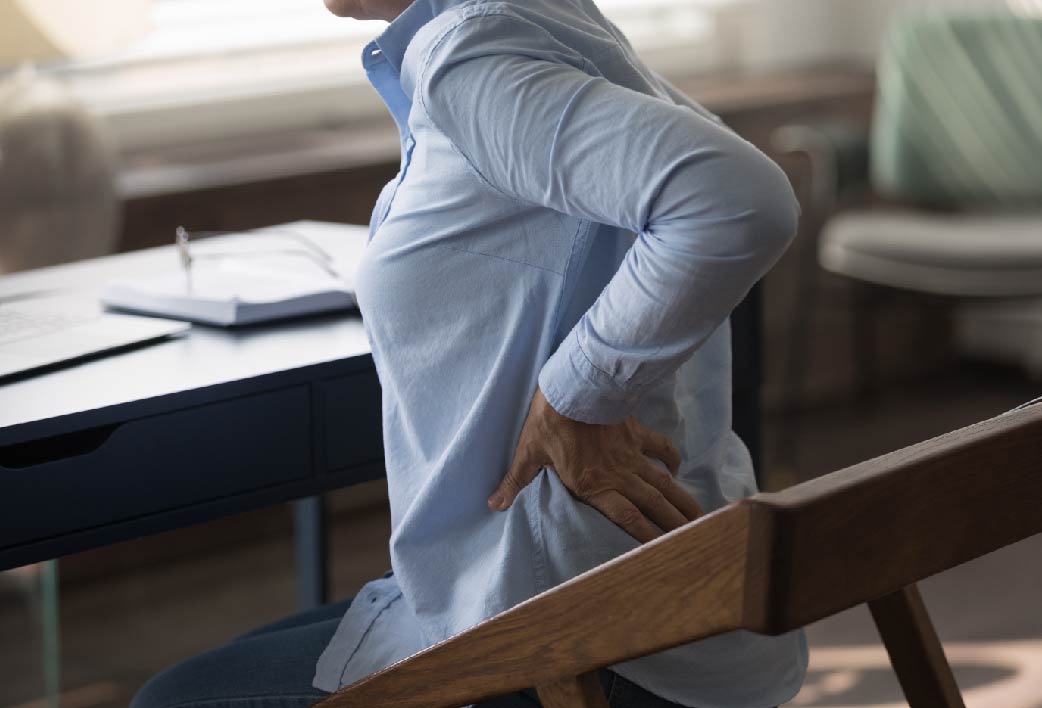
Gaikatas Treatment Approach: From Physical Therapy to Cellular Repair
- Shock Wave Therapy
Uses pressure waves to stimulate affected areas, improve circulation, and reduce inflammation. - Peripheral Magnetic Stimulation (PMS)
Relieves pain and numbness from muscle and nerve issues, boosts circulation, and promotes natural tissue repair. - High Power Laser Therapy
Targets muscle pain and helps relax fibrotic tissues. The treatment is safe and does not harm the skin.
Physicians tailor physical therapy to each individual's condition. In some cases, additional regenerative treatments may be recommended, such as:
- Prolotherapy: Injection to stimulate healing
- Platelet Rich Plasma (PRP): Using ones own concentrated platelets
- Bioactive peptide (nucleic acid) injections
- Cellular therapy for tissue repair
Doctors determine the best treatment method and timing, depending on severity. For example, some patients may receive Prolotherapy first, followed by physical therapy, while others may do so in reverse order.
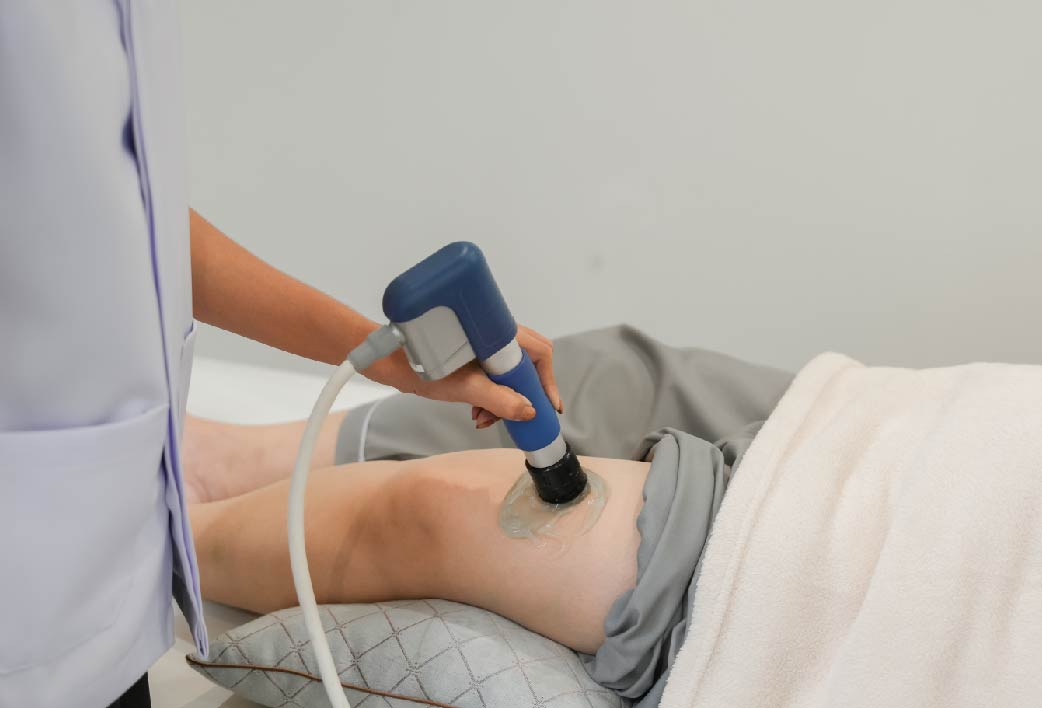
Self-Care for Chronic Muscle Pain
Stretching & Exercise
During therapy, therapists will recommend appropriate stretches. For self-care or post-recovery, consider yoga or Pilates. Regular movement (e.g., walking, running, swimming, cycling) helps keep muscles functional.
Nutritional Support
Muscle weakness is often tied to poor nutrition. Supplementation should include:
- Vitamin D, K, C, Magnesium
- Bone-support nutrients: Calcium, collagen, boron
Always consult a physician before starting any supplements.
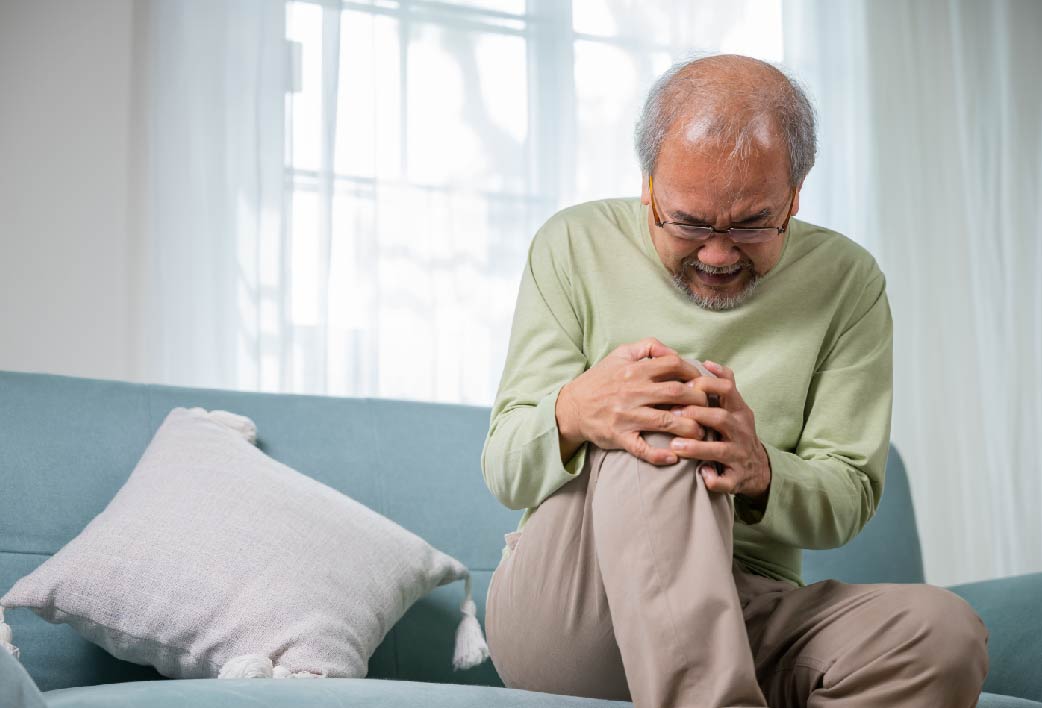
Stay Hydrated
Unless advised otherwise, aim for at least 2 liters of water daily. Proper hydration supports flexibility in muscles and tendons, reducing the risk of fibrosis.
Don't Suffer in Silence
Chronic muscle pain can affect mental health and work life. Open up to people around youdiscuss ways to relax or seek advice from their experiences. Shared conversations can help relieve stress and offer new self-care insights.
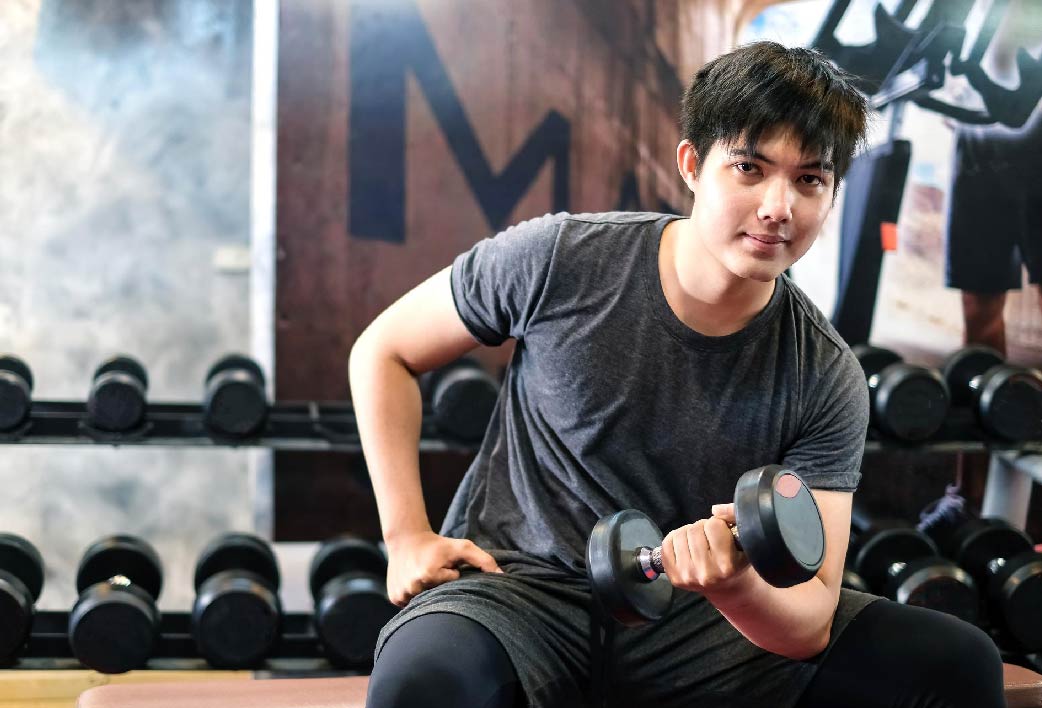
In Summary
Recognizing and addressing health issues starts with self-awareness. Monitoring abnormal symptoms, seeking proper care, and maintaining open communication with loved ones are crucial. This approach not only aids in effective recovery but also promotes emotional well-being and reduces anxiety caused by chronic pain.
...........................


